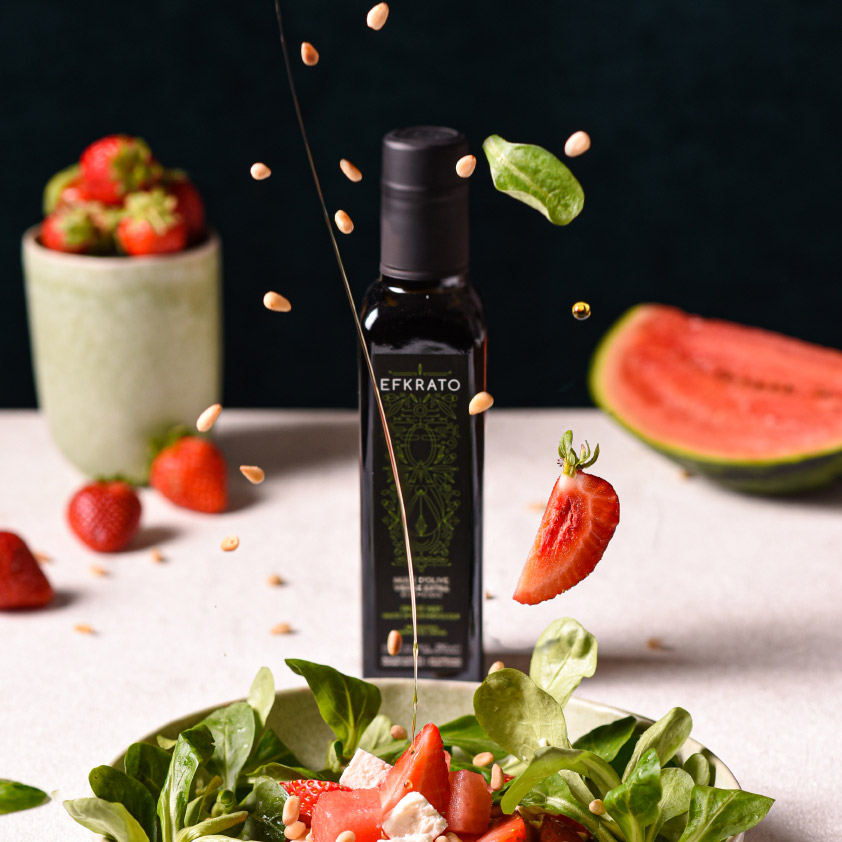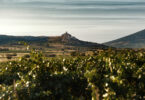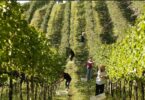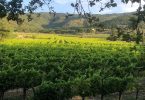The Wolf Post, supported by a Cultural Association, offers a professional service with free access, without subscription.
For this reason, a donation would also be a sign of appreciation for our work.
With a length of 250 km, Crete is the largest of the Greek islands, as well as one of the first civilizations in Europe.
The Minoan civilization, of which remains a testimony, with the oldest architectural monument in Europe, the palace of Knossos, makes Crete an ancient and noble land, always in the sights of all the European empires that tried to conquer it in vain.
If there is one thing that history teaches it is the warrior skills of the inhabitants of Crete, the resilience and attachment to freedom that, over the centuries, has allowed them not to be dominated, keeping their centuries-old tradition intact, in time.

©Antonis Tsoulos
The morphology of Crete, with its paths, plateaus, hills, paths, picturesque corners of the villages tell the island over time, its struggles for freedom and its conquests. The beaches and the crystal clear sea are the main attraction for the average tourist but Crete, like all of Greece, must be visited beyond the visible. Such special territories have a soul to discover, stories of people to tell through the fruit of their work.
Crete is a fertile land, rich, among other things, in vineyards and olive groves.
In Cretan tables, a glass of Marouvas (the strong aged traditional Cretan wine whose vinification is very similar to the ancient method of making wine) and a bottle of artisanal Extra virgin olive oil are never missing. Two products that are the pride of a land where sustainable cuisine, which tells the territory, is not an abstract concept but a concrete one.
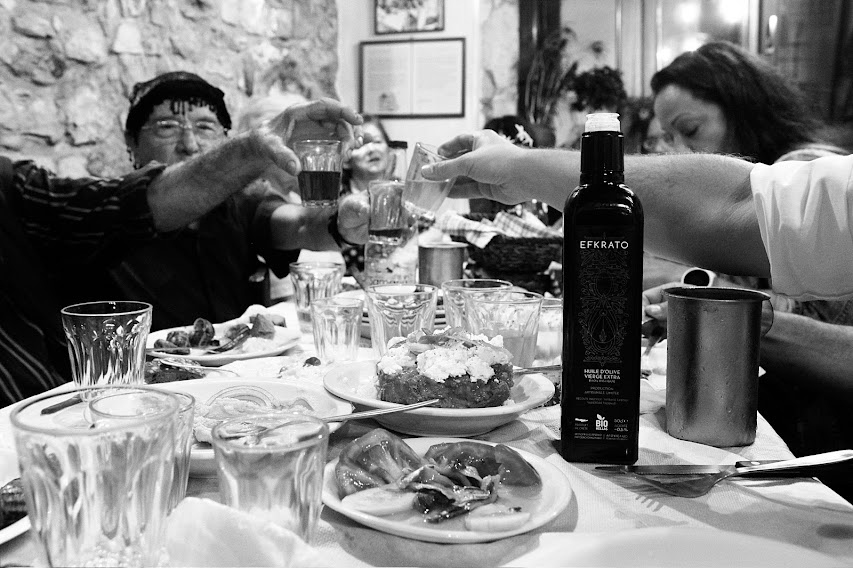
©Antonis Tsoulos for EFKRATO
Crete is legend, “beautiful and fertile”, as Homer describes it in the Odyssey, fascinates not only those who visit it but also those who read its wonder through epic masterpieces.
In magical Crete, cousins Andreas and Emmanuel built their dream, EFKRATO, organic Extra virgin olive oil, produced exclusively with Tsounati, the native Cretan olive.
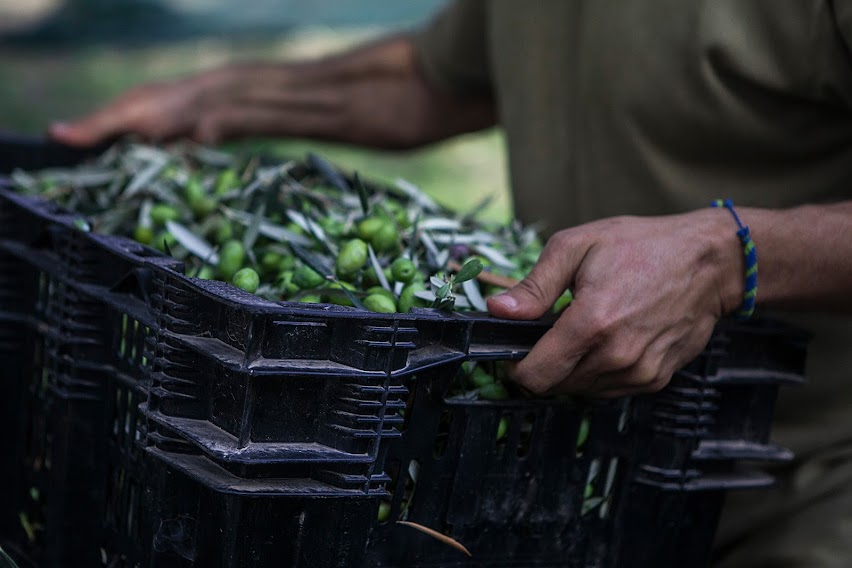
©Antonis Tsoulos for EFKRATO
Although coming from different professional experiences, their choice to focus on a symbolic product of the country stems from a deep love for a land that has forged their character and given them the opportunity to express their talent as entrepreneurs.
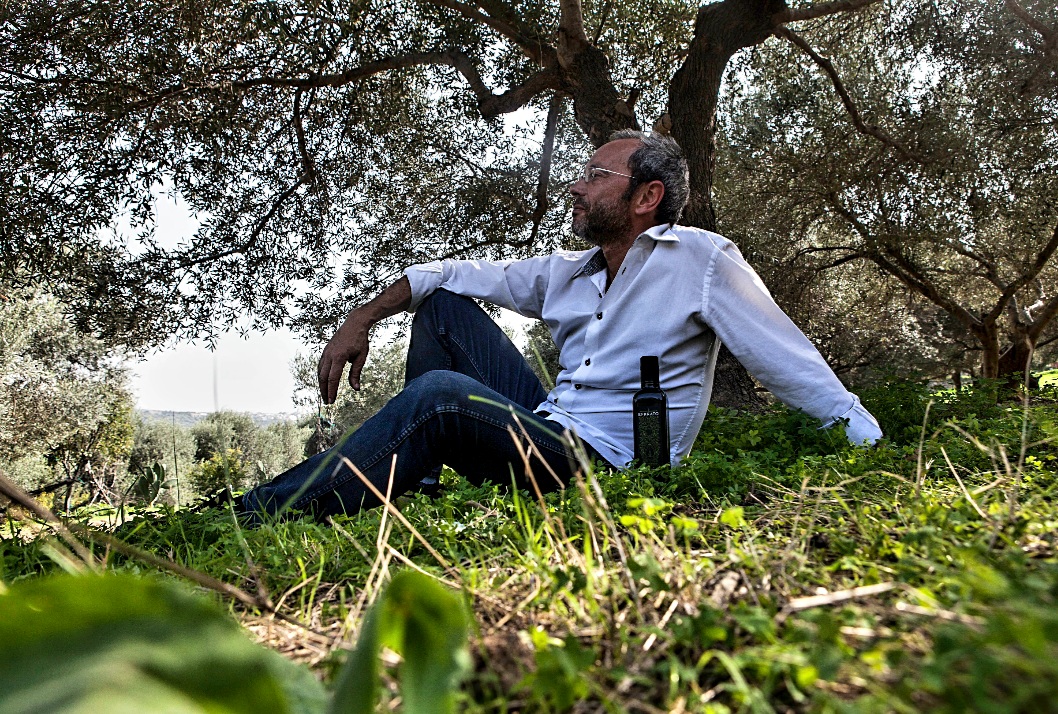
©Antonis Tsoulos
Andreas defines Crete as “the place where our ancestors had grown wheat and olives for generations. It is just a place like many others but it is what destiny has assigned us. This implies many responsibilities and many privileges”.
Responsibility, in the specific case of EFKRATO, means giving life to an EVOO that maintains the quality standards for which Crete and all of Greece are known in the world. Among the privileges there is, of course, belonging to a land where fertile Nature hardly betrays those who bet on it.
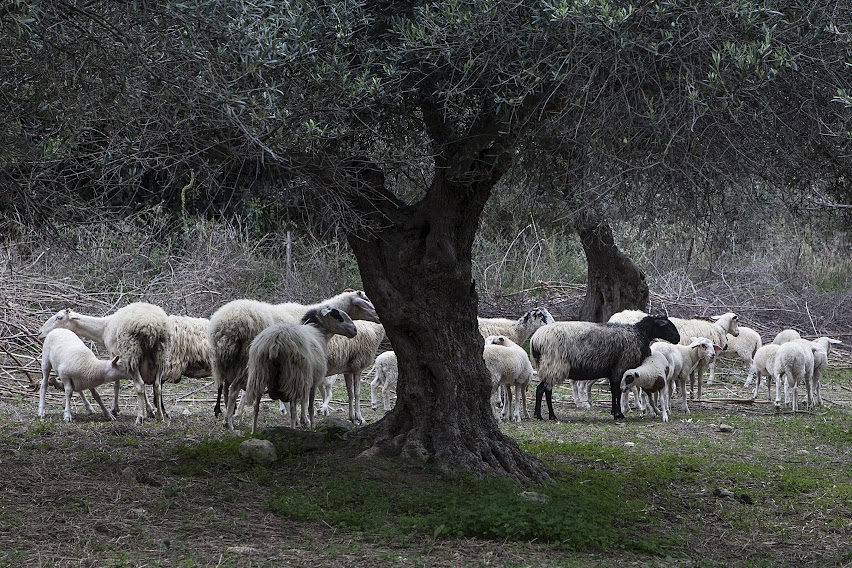
©Antonis Tsoulos for EFKRATO
Part of Emmanuel’s studies was focused on the history of art. He has definitely appreciated the value of his land by traveling abroad. Respect for Nature has ancient roots, dating back to the era of the Minoan civilization and this awareness also affected his and Andreas’will to create a limited olive oil production that was truly a nectar of well-being, in perfect Cretan style: “Even today this love and respect for nature is present and it’s no wonder it is among our own values and part of EFKRATO‘s identity”.
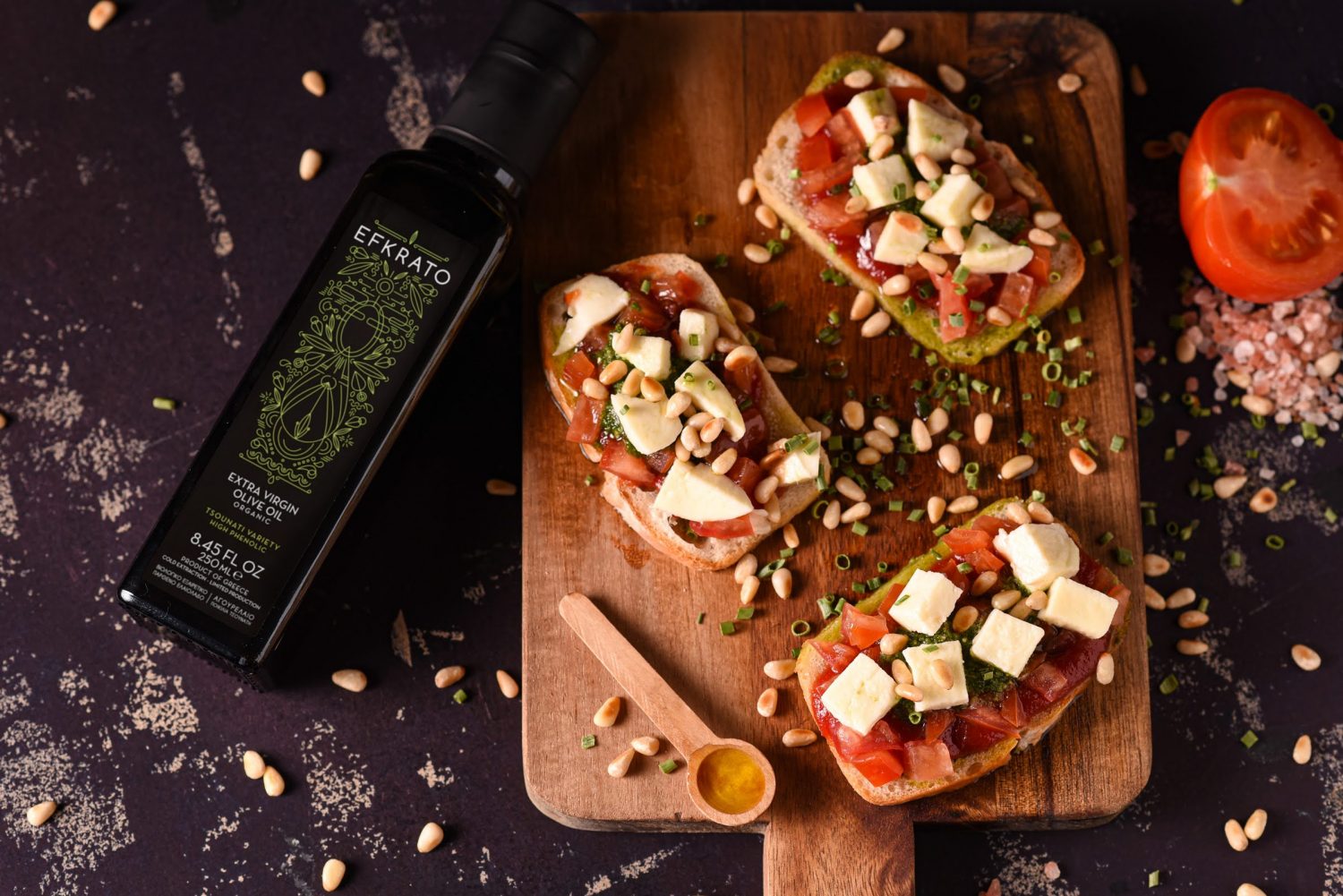
©Panayiotis Braho
The memories of childhood among the olive groves are clear for both of them and refer to a light-heartedness, which later became the awareness of wanting to continue along the path taken by their families.
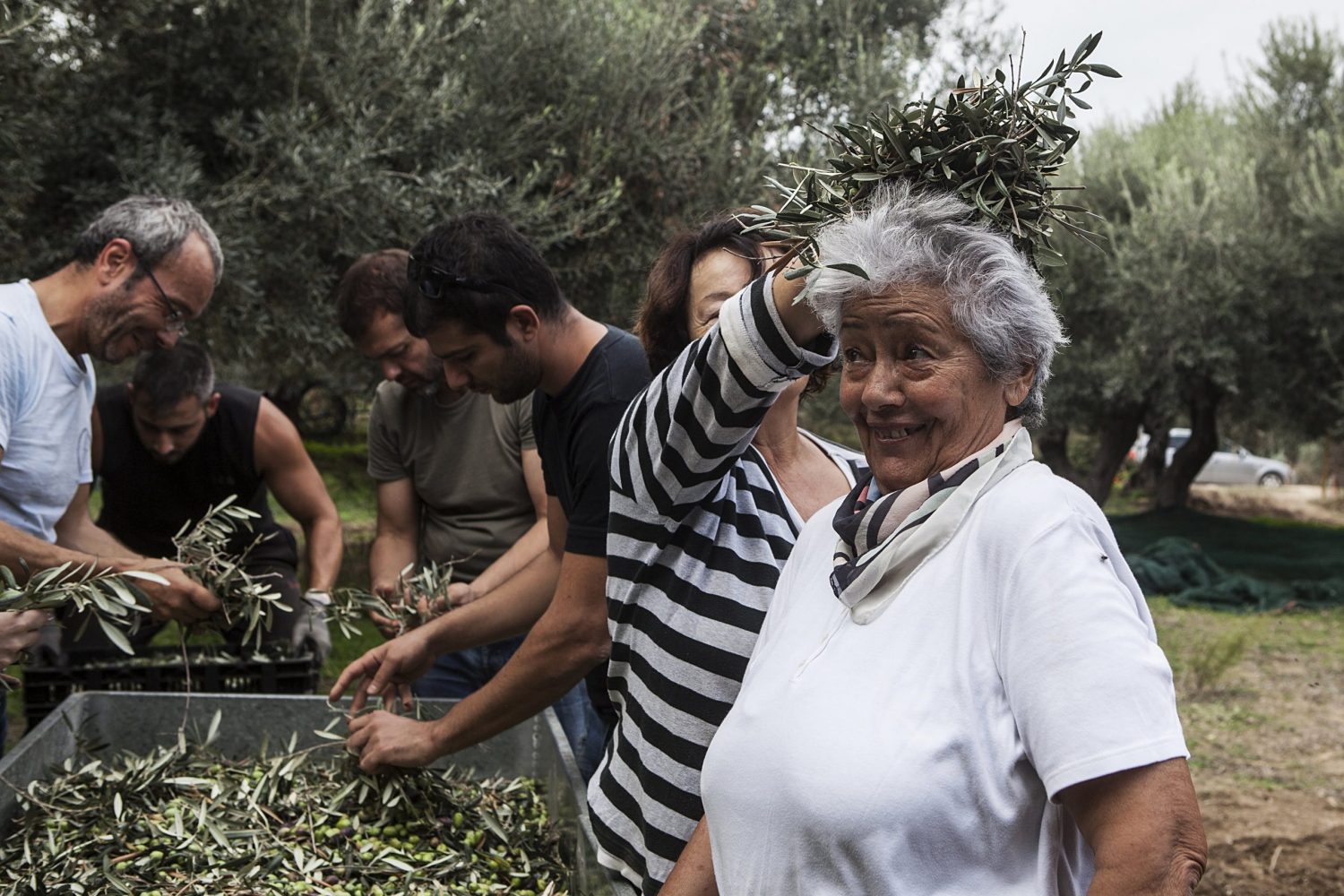
©Antonis Tsoulos
Andreas remembers when his grandfather took him “to the olive grove on a mule. He was pruning trees while I was walking around and I thought it might be a good idea to defy gravity. So, I started throwing stones into the sky. Suddenly, I heard my grandfather scream. One of the stones hit him ”. Andreas also recalls the walks in the groves of the estate and the little desire to devote himself to the work of the olive grove but: “Later, when my parents began to age, I realized that I had better find out about the position of our fields. The best way to do this, so I thought, was to help my cousin with the harvest.
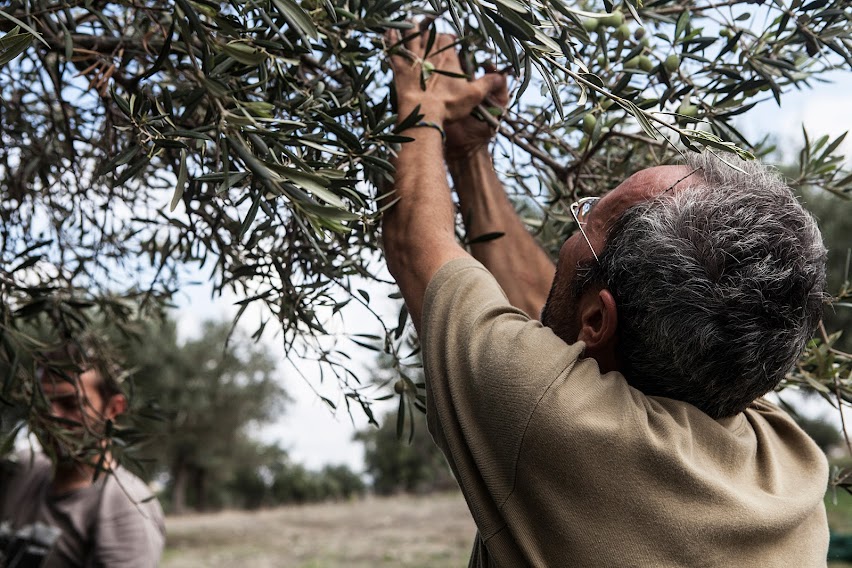
©Antonis Tsoulos for EFKRATO
Today, EFKRATO, is a small but successful Cretan olive oil company that exports abroad and has been awarded in the best international competitions.
The challenges that Andreas and Emmanuel face every day are manifold. Among all, climate change as they explain: “Climate change poses a serious threat in general and, in particular, for the olive groves of the Tsounati variety that need longer cold and rainy winters to thrive”. Yet, this obstacle is turned into an opportunity by the whole EFKRATO team: “We believe that nature itself can provide the answers and this has led us to seek natural ways to help our olive groves succeed, such as experimenting with biodynamic cultivation”.
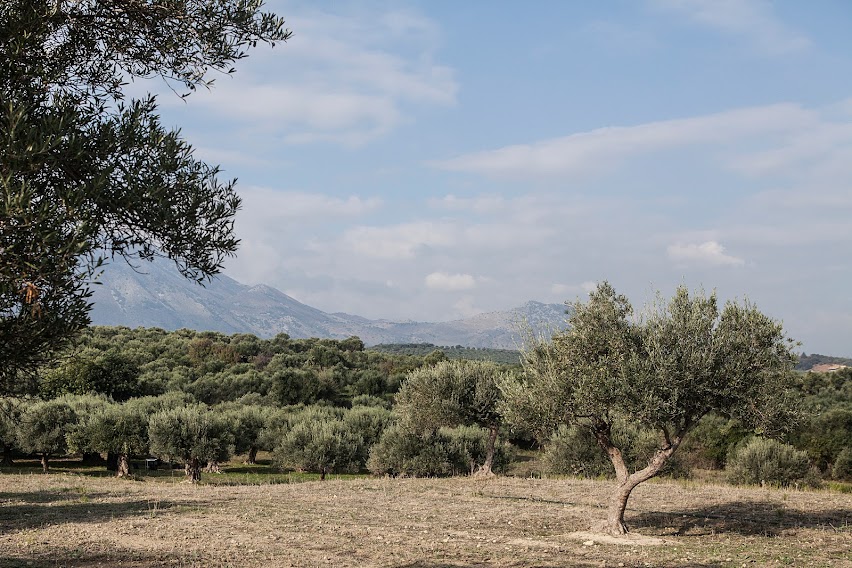
©Antonis Tsoulos for EFKRATO
A biodynamic olive grove goes beyond the organic philosophy to embrace a lifestyle in which all of nature, including animals, are closely related to each other.
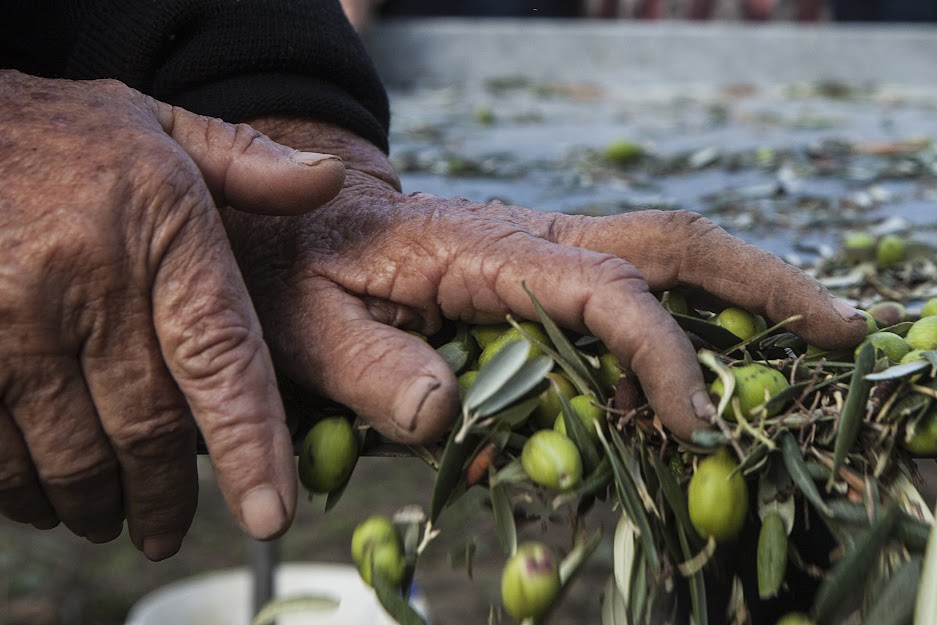
©Antonis Tsoulos for EFKRATO
Andreas is aware that this courageous choice is increasingly appreciated: “More and more people realize the importance of living in a sustainable way, the importance of extra virgin olive oil for our health and the culinary pleasure it can offer. All this creates favorable conditions for an EVOO like ours even if every little success really requires a lot of work”
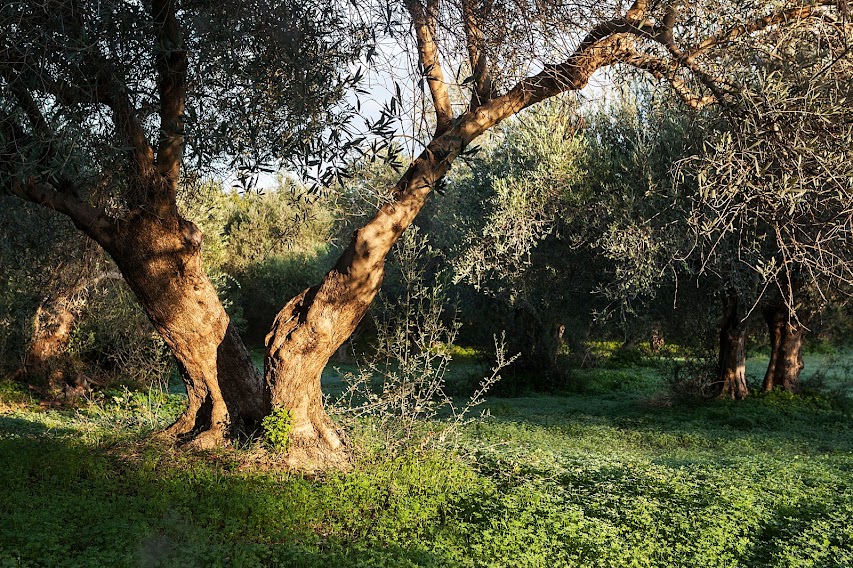
©Antonis Tsoulos for EFKRATO
Sustainable, delicious, beneficial for health, Premium, with these adjectives Emmanuel and Andreas present their production to the world, proud to enclose the best of Crete and its history in an elegant and essential bottle.
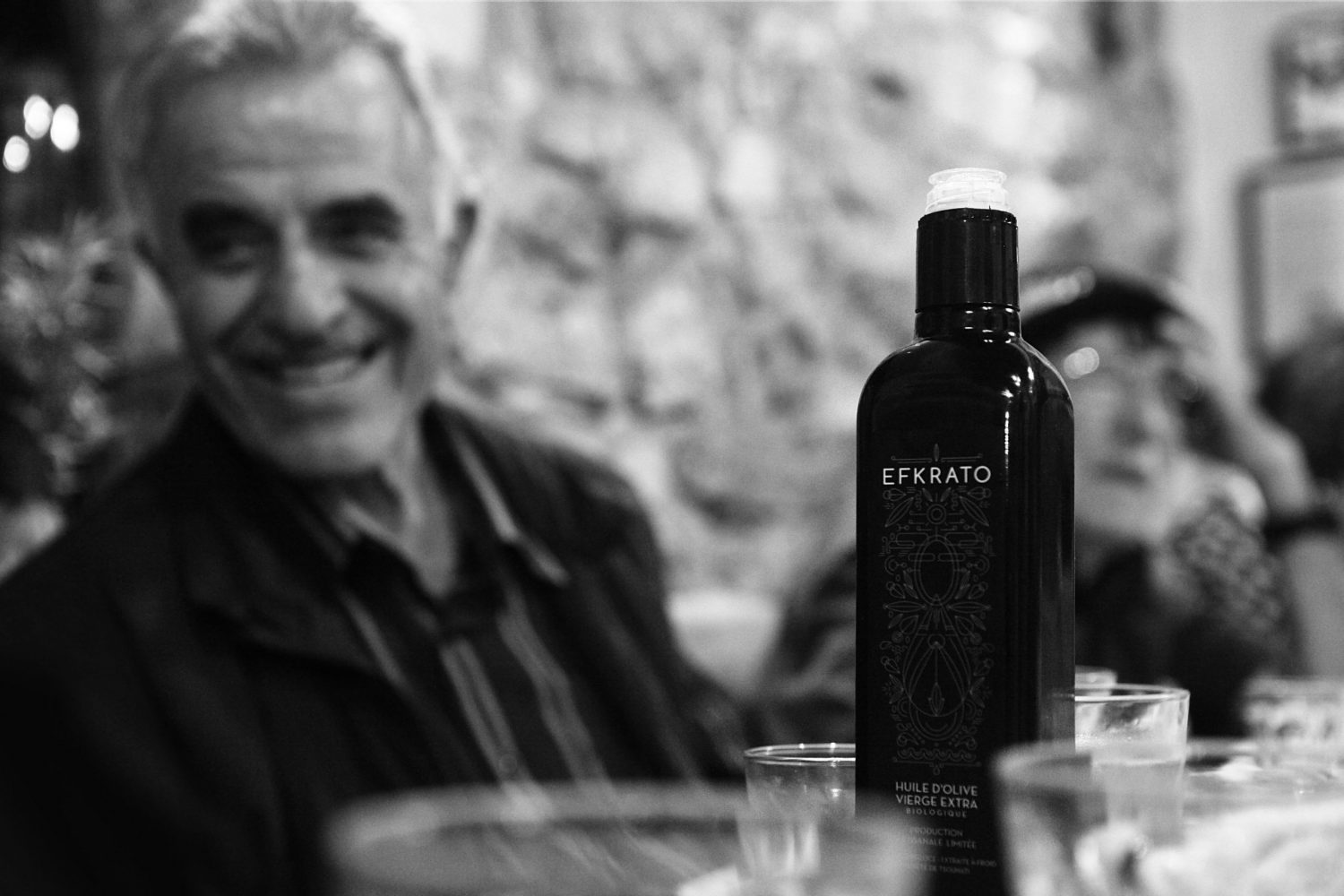
©Antonis Tsoulos
“Each country – says Andreas – has its own culinary tradition which, of course, is the result of multiple interactions with neighboring countries. One aspect of traditional Greek food is the indiscriminate use of a lot of olive oil on many dishes. So much so that the Greek language has its own word for this type of dish. They are called “ladera”, literally “the oily dishes”. Very often these dishes are made like a ratatouille containing different vegetables”.
“Crete – adds Emmanuel – is known for its cultural and gastronomic richness and we consider EFKRATO a worthy representative of both. I will just mention the famous Cretan diet, the basis of which is olive oil, and the fact that it was here in Crete that the olive tree was systematically cultivated for the first time during the Minoan era.
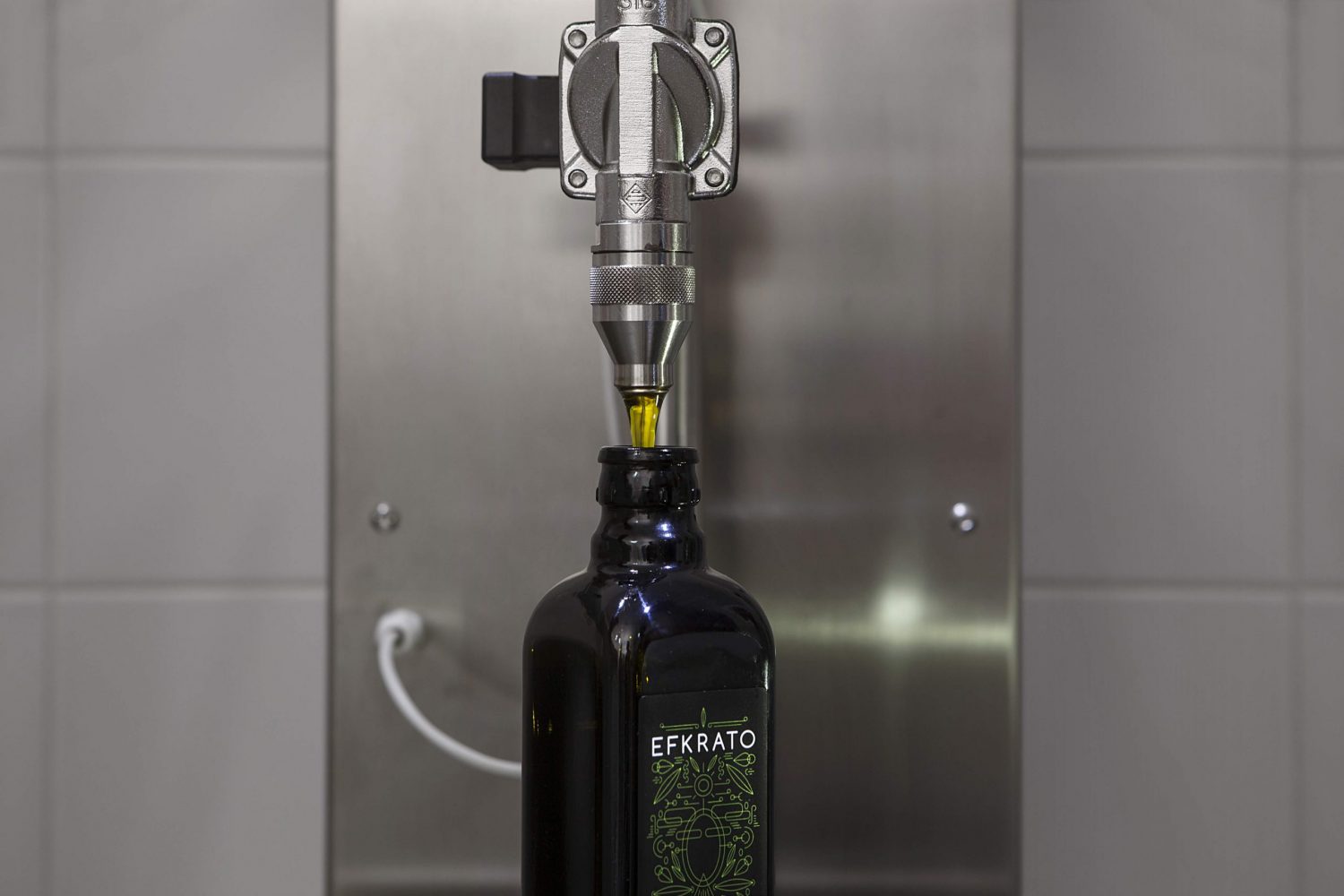
©Antonis Tsoulos
It is worth mentioning that the name of our olive oil is an ancient Greek word (“Εύκρατο”) which is composed of the components “εὖ” + “κεράννυμι” where the second term means to mix, combine, regulate the temperature, and “εὖ” indicates the good property of the second synthetic, thus symbolizing the ideal combination of factors such as the geographical position and the micro climate but also the cultural richness of Crete, and our treatment and care put into cultivation and production”.
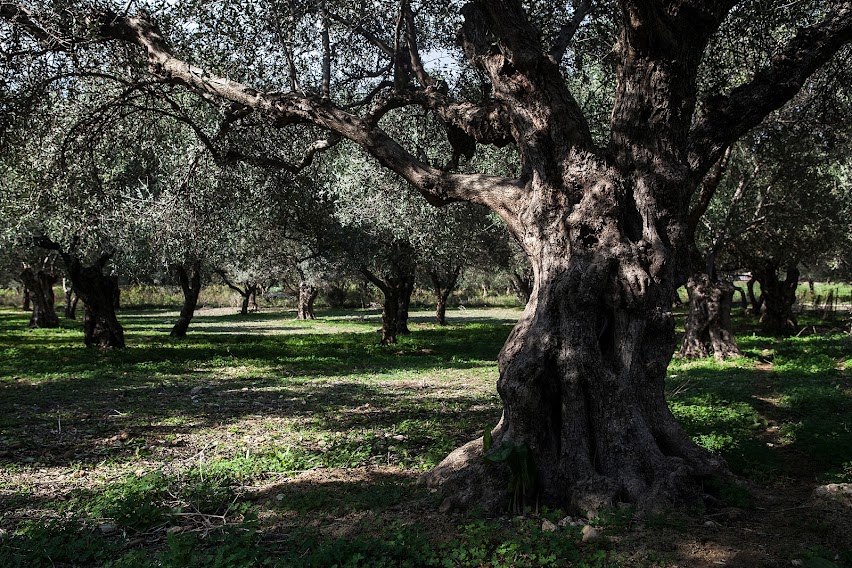
©Antonis Tsoulos for EFKRATO
EFKRATO is much more than an organic Extra Virgin olive oil.
EFKRATO is a love story born when two kids were playing in the family olive grove, unaware that those days would later become important pieces of life from which to start writing the story of a special olive oil.


